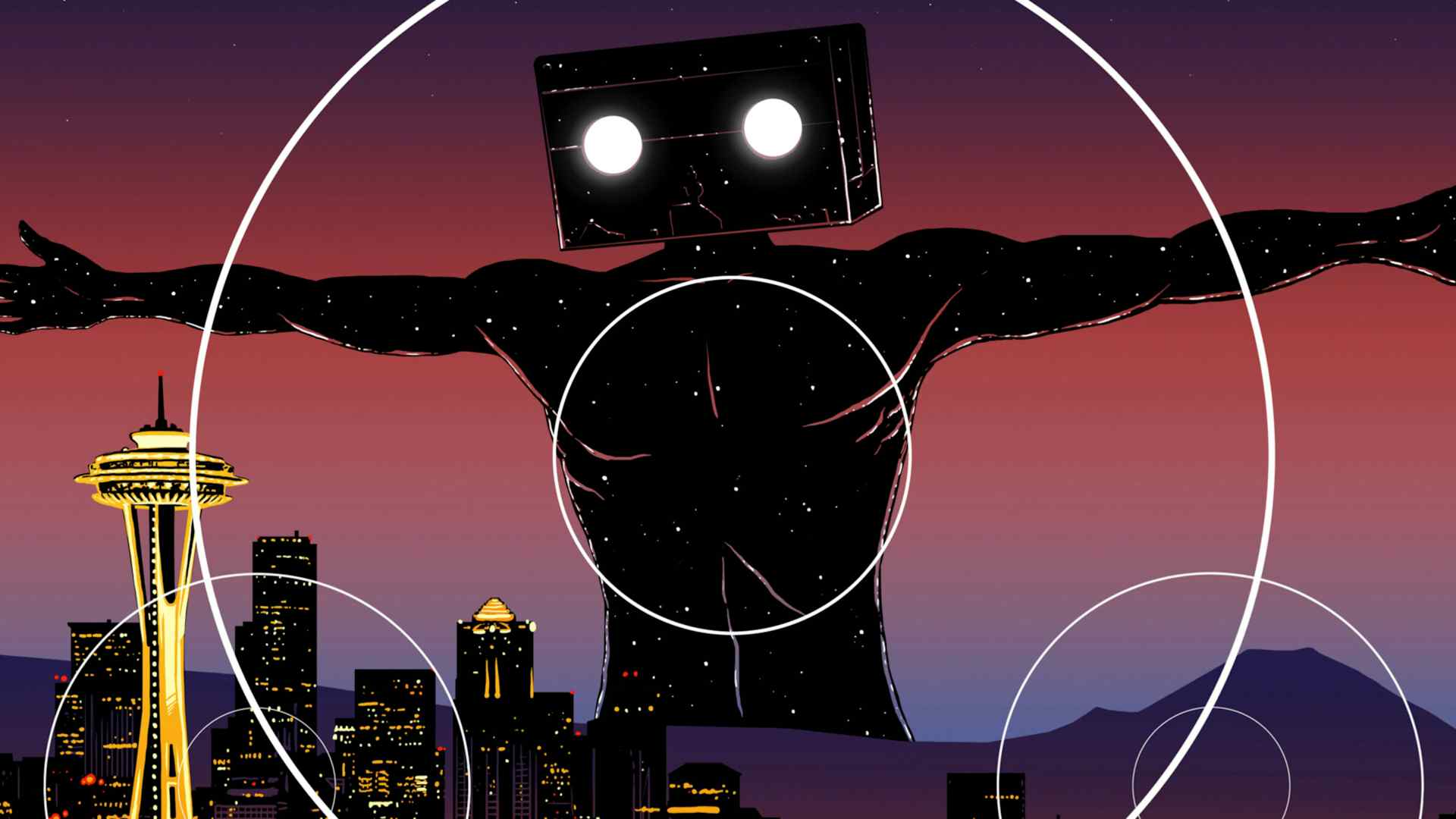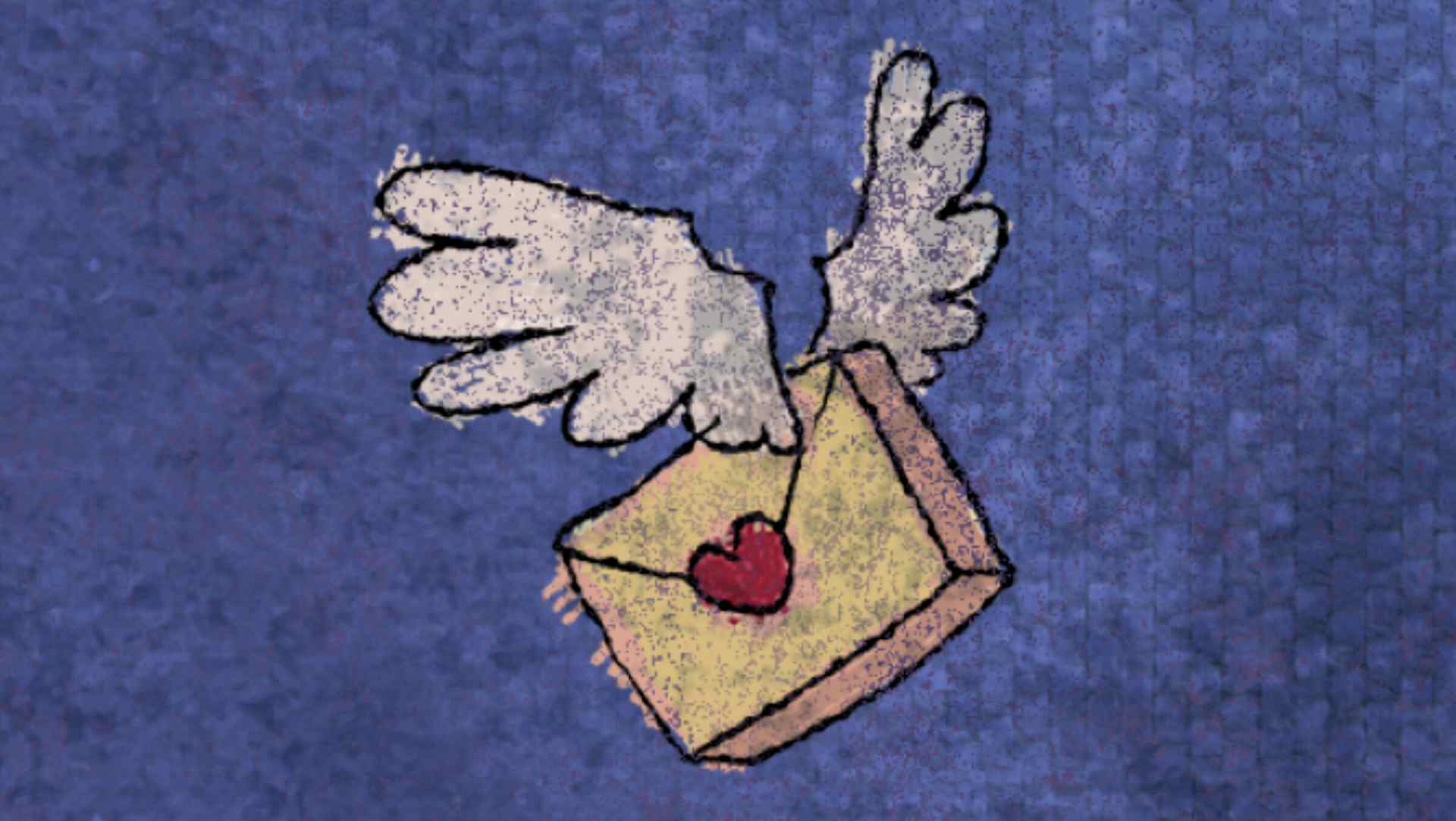Robert Horton is a Scarecrow board member and a longtime film critic. This series of "critic's notes" is chance to highlight worthy films playing locally and connect them to the riches of Scarecrow's collection.

A Complete Unknown, a movie I thoroughly enjoyed, snagged a bunch of Oscar nominations this week. This puts me in mind of another Bob Dylan project, albeit one generated by Dylan himself: the 2003 film Masked and Anonymous, which Dylan co-wrote and headlined. So I dug up my review (originally published in The Herald) and an interview I did with director Larry Charles (subsequently to guide Sacha Baron Cohen's improv features) and co-star Luke Wilson. (I interviewed Luke Wilson? Had completely forgotten that.) Here are those two pieces, with no apologies for the Dylan fandom.
Bob Dylan periodically flirts with movies. Most notably, in the mid-1970s he acted in and did the music for Sam Peckinpah's poetic western, Pat Garrett and Billy the Kid. That inspired Dylan to direct his own film, a four-hour opus called Renaldo and Clara, starring himself and his wife, which became a legendary (but little seen) homemade project.
He's got the bug again. The great and ever-enigmatic Mr. Dylan co-wrote and stars in Masked and Anonymous, a crazed affair that is largely bewildering, occasionally hilarious, and frequently tuneful. It is a mess, but it's the kind of mess that inspires a cult following.
Dylan plays an enigmatic singer named Jack Fate, who's just been released from prison. We are in some kind of post-apocalyptic society—it might be the U.S., re-imagined as a banana republic. In the chaos of this world, two promoters (John Goodman and Jessica Lange) are setting up a benefit concert. They tap Jack Fate as their headliner, and this forms the loose outline of the picture.
Some big names stud the cast list. Jeff Bridges (who has some of the movie's most overheated and incoherent rants) is a reporter, Penelope Cruz his fidgety girlfriend. Luke Wilson plays a bartender who serves as Jack Fate's right-hand man. In cameo roles, Mickey Rourke plays the heir apparent to the current dictator, Bruce Dern is an editor, and Ed Harris pops up in blackface. Angela Bassett, Giovanni Ribisi, and Val Kilmer float by.
Your attention keeps coming back to Dylan. He is certainly no actor, but he has an iconic presence, and director Larry Charles (who co-wrote the script with Dylan, pseudonymously) treats him as an icon.
Usually dressed in sleek rockabilly suits, Dylan looks very slight, but strangely elegant. He's got a pencil-thin mustache and the crumbling look of the last surviving Civil War soldier. His interaction with the other actors is nonexistent; mostly he just watches them and then offers some cryptic one-liner.
Cut into the story are a crisp batch of new Dylan performances. Also, amusingly, the soundtrack is full of old Bob Dylan songs in eccentric renditions (the first thing we hear is Dylan's "My Back Pages," crooned in an Asian dialect). If you're a Dylan buff, the whole thing can't help but remind you of the more exotic Dylan noodlings of the 1960s. If a song lyric like "He just smoked my eyelids, and punched my cigarette" has a meaning for you, you might just be the audience for this movie.
Masked and Anonymous director Larry Charles came to the area recently on a promotional tour, accompanied by one of the film's stars, Luke Wilson. Charles, a veteran sitcom writer (including Seinfeld) is a rangy guy with a gray-streaked beard. He called his movie "a post-apocalyptic sci-fi film noir spaghetti western musical comedy."
A voluble talker in black T-shirt and shorts, he made a contrast with Luke Wilson (late of Alex & Emma), who was laid-back and natty-casual. I sat in a hotel room with the two of them and started talking about the film's icon, Bob Dylan.
Q: The idea of making a movie with Bob Dylan, to me, is like making a movie with god or something. What do you do, pick up the phone and call up god? How does this possibly work?
Larry Charles: Think of the logic of what you're saying. How would it work if you were making a movie with god? God would call you. And that's more the way it happened.
Luke Wilson: And you'd say something like, OK, where are we going to get the financing?
Charles: Right, the executives would come to you and say, "Well, god's never sold a movie ticket, so what good is he? We don't care if he's god, if he doesn't sell movie tickets, he's of no use at all. You gotta surround god with some moneymakers." We live in a very godless society.
Q: There was that period where Dylan seemed to get really interested in filmmaking, after Pat Garrett in the seventies. Is he still interested in films and filmmaking?
Wilson: I think he's really into movies. He's interested in how they're made, and actors, and how they work. He's real curious about everything.
Charles: If you listen to songs like "Brownsville Girl," which makes references to Gregory Peck in The Gunfighter and Duel in the Sun--
Wilson: --and he talks about Errol Flynn—
Charles: Yeah, movies are part of the fabric that he draws from, absolutely. He's very curious about that, as he is about poetry and paintings and many other things. He has a voracious appetite for art.
Q: Sometimes the camera just looks at Dylan—watching him in an iconic pose, or he'll be gesturing in some way.
Wilson: Yeah, I like that too, because he's got a great face. If you walk down the street, I think he'd be the kind of guy you look at.
Charles: From the first time I met him, I felt I was just going to put the camera on him, and you're going to see everything, and know everything you need to know in that face. That it transcends dialogue, that it transcends logic, really. There's some powerful communication going on there.
Wilson: People talk about how he's a mysterious guy, he doesn't do a lot of interviews. I think Masked and Anonymous is another thing where he really does kind of put himself out there, his ideas, his thoughts. It's like what he says about his songs—everything you want to know about him is in his songs.
Charles: Right, the clues about who he is are in the music, and they're in the movie also. It's all there. You have to take those pieces and put them in the right order. That's the hard job.
Q: You had a large ensemble of actors and a small budget. How did you approach the shooting?
Charles: Well, I shot it on digital video and we only had 20 days to shoot the movie. I approached it almost like a football coach. I would plot out not just one scene, but three or four scenes that could run concurrently, intersecting into one another—like a football play, where everybody's running out and I was the quarterback and I'm throwing the pass, but I might fake the pass and hand it off. So I had multiple cameras going and multiple scenes going…cameras taking over, other cameras ducking out of the way. And when we finished "the play," it was an extremely exhilarating artistic experience.
Wilson: The first movie I did was Bottle Rocket, and it was a tight schedule like this and everybody was into it, and I thought, "This is great, this is how it is." And I've done other movies where you do get the impression of people punching the clock. But this…it was just a real good feeling. It was fun to have a movie where you know that for one sprint, one block of 20 days, it's going to be your life. And that's how this one was.
Charles: It was like being on a submarine together. We just immersed ourselves.
Q: So, when Dylan saw the movie, what did he say?
Charles: He's never seen the movie and he probably never will see the movie. He never listens to his records after he's finished with them. You know the expression of his, "Don't look back." He has nothing to gain by seeing the movie or listening to his records. It's done. That's for you and for me to enjoy. But for him, he's moving on. He's like Shane. He can't look back, there's no point. In order to keep himself artistically vital, he just keeps moving forward.
January 24, 2025


